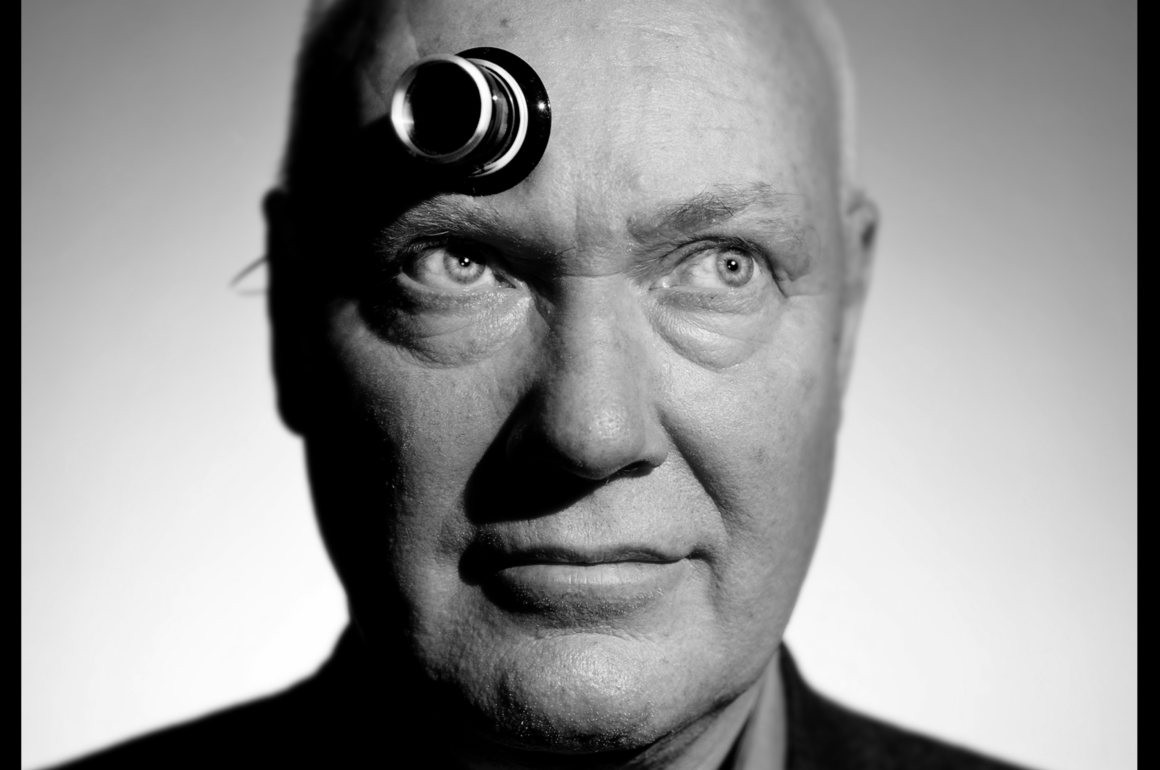With a billion people about to become luxury consumers over the next decade, real luxury will become more personal, more individual and more secretive. So predicts our columnist, Jean-Claude Biver, continuing our series on business philosophy and strategy

Jean-Claude Biver
Luxury will always will be here. Growth will always be here. When people do better, they want to differentiate themselves, so the growth of luxury will always track economic growth.
But in the future we will have two different levels of luxury: accessible luxury, items that have an incredible image but an affordable price, and inaccessible luxury. This is the extreme luxury of people wishing to have something made for themselves or being completely different, being unique, saying, “What I have, you will never have”.
Accessible luxury will be huge: the middle class in China will develop to 500 million people, in India maybe 300 million, in Latin America around 200 million, so you will have a billion new customers in the next 20 years. This middle class will definitely go for the accessible luxury, but maybe 10 million out of this billion will want real luxury. That will comprise exclusivity, incredible quality, and uniqueness. And these two types of luxury will develop together. Luxury will be like a building with two floors – only a few people will go up to the second floor, while most people will remain on the first floor.
Read next: Leading auctioneer, Simon de Pury on the eternity of art
The upper tier of luxury will be defined through exclusivity and also through the fact that it will adapt to the facets of made-to-measure luxury. These people want individuality, something made just for themselves. They want something that other people’s money cannot buy, because that’s the ultimate. You get access to something that normally money cannot buy, but you can buy it because you have the relationship and the contacts. That will be the extreme level of luxury, only for you, and to enable you to stand out from the masses and their accessible luxury. The way this extreme luxury is communicated will also change. It will be word of mouth, very discreet and only for the few who know. Like a secret: “Ah, you know this brand, wow, you belong, because you wear this shirt or this special tie or these special socks made in Rome.” The ultimate individualization of your person.

Jean-Claude Biver with Cara Delevingne at the TAG Heuer Yacht party during the 2015 Monaco Grand Prix
People will still collect, will always collect, but the problem with today’s goods becoming collectible is linked to the concept of eternity. If I collect a Ferrari that is from the 1980s or 1970s, that is a car that will enter eternity because whatever the new industrial revolution brings us, this car will comfortably be repairable. But modern cars, because they are not mechanical any longer, will not be repairable in 100 years because the microchips that control everything from the gearbox to the windows will be useless. That is why a Ferrari Testarossa (from the 1980s ) or a 275 GTB (from the 1960s) will still be collectible. Why should people collect what is due to die when they can collect what is due to become eternal? That’s why you can have an old Lockheed Constellation plane (from the 1950s) and it still works – you can fly with it! An Airbus A380 will not still be capable of flying in 50 or 100 years.

(From left) Lapo Elkann, Jean-Claude Biver, Bar Refaeli, Esteban Gutiérrex, Pelé and Ricardo Gudalupe celebrate the opening of Hublot’s second manufacture in Switzerland
Luxury should be marked by eternity. Great art is eternal and there is nothing else made by humans that doesn’t die, just art. So that means luxury is eternity and luxury is art; and if you can create the eternal, you have the business of the future in luxury.
Read next: Chopard’s Caroline Scheufele on the young luxury consumer
But accessible luxury is very different, a more competitive field where you have more marketing and illusions. But everywhere there is going to be a reaction to mass luxury. People will want more and more to be considered individuals. We all need to be treated like kings, to be treated differently, because we are surrounded by mass. Look at travel – that’s why people have a special area to check in when they fly first class, a special line for security, a special seat, special food and so on. People need to be treated differently because now everything is going mass.
In the area of accessible luxury, the same brands are adapting, they are comfortably innovating and comfortably renewing their offering and positioning so they stay current. They will adapt and survive. In accessible luxury, it will be more difficult for newcomers to enter the market. But in the area of higher quality luxury, we may have new artists and creators coming. Because it will be very personal.
Jean-Claude Biver is president of LVMH Watch Brands and chairman of Hublot. lvmh.com, hublot.com







Recent Comments